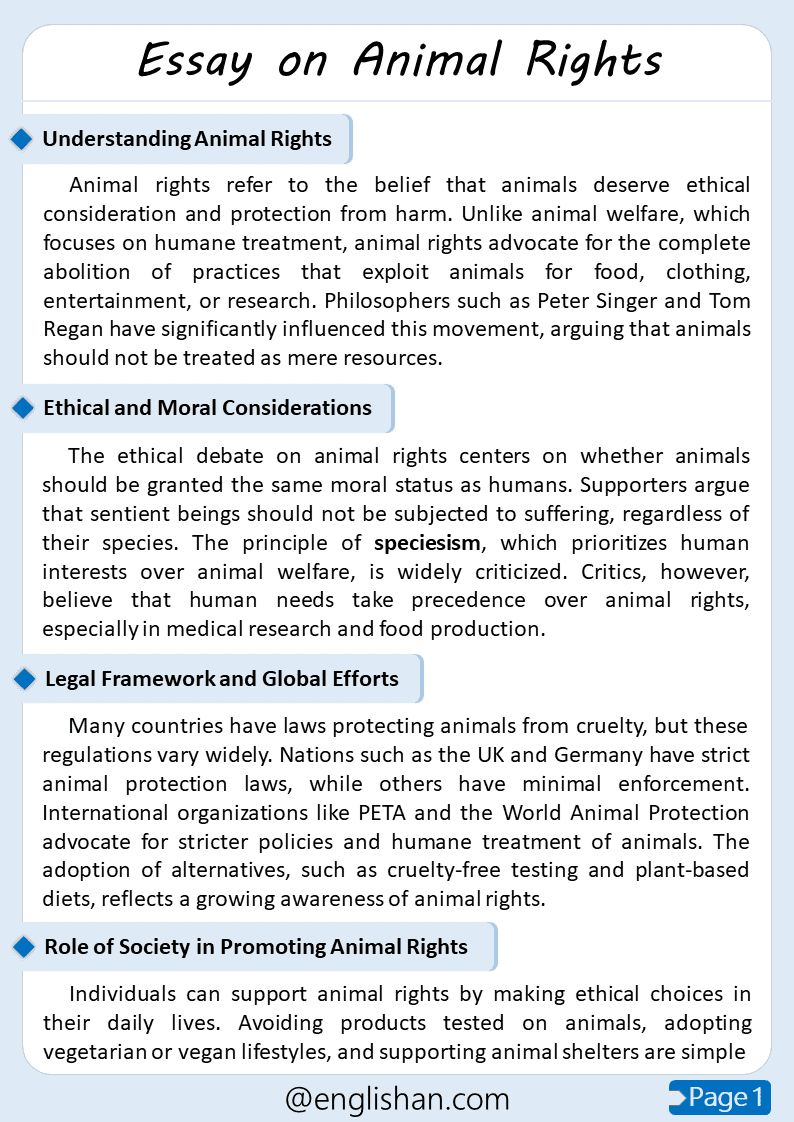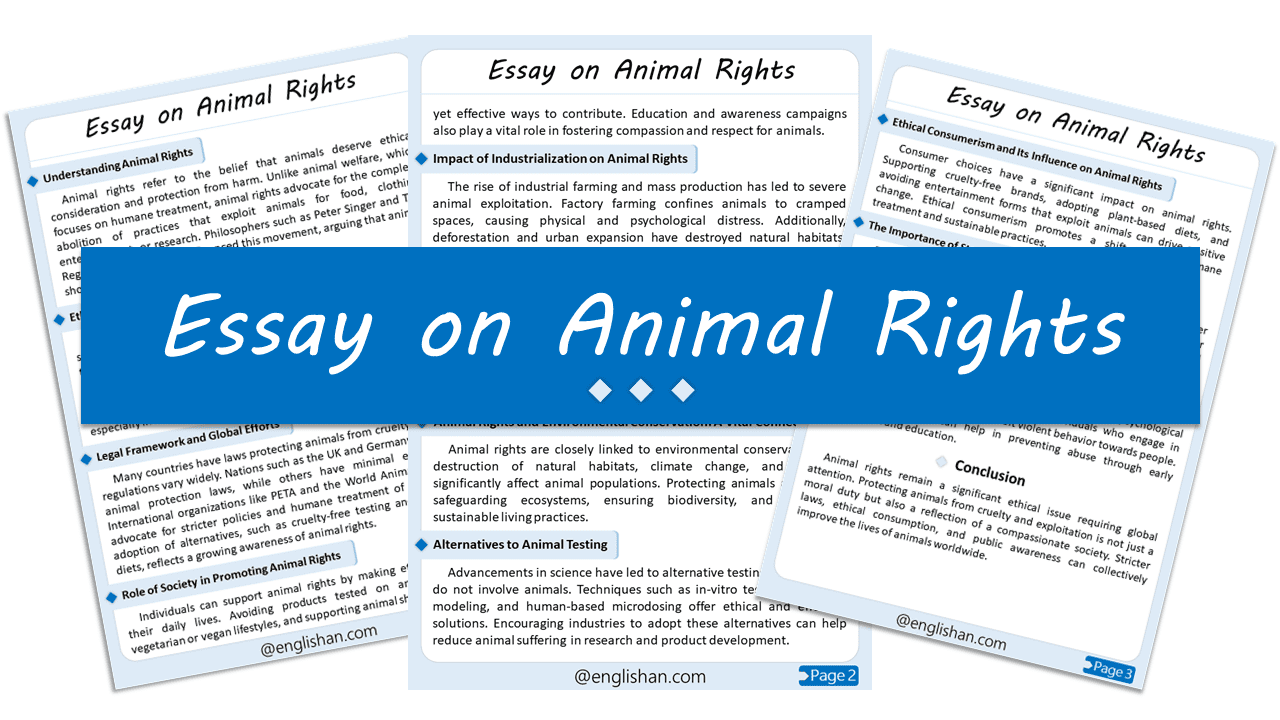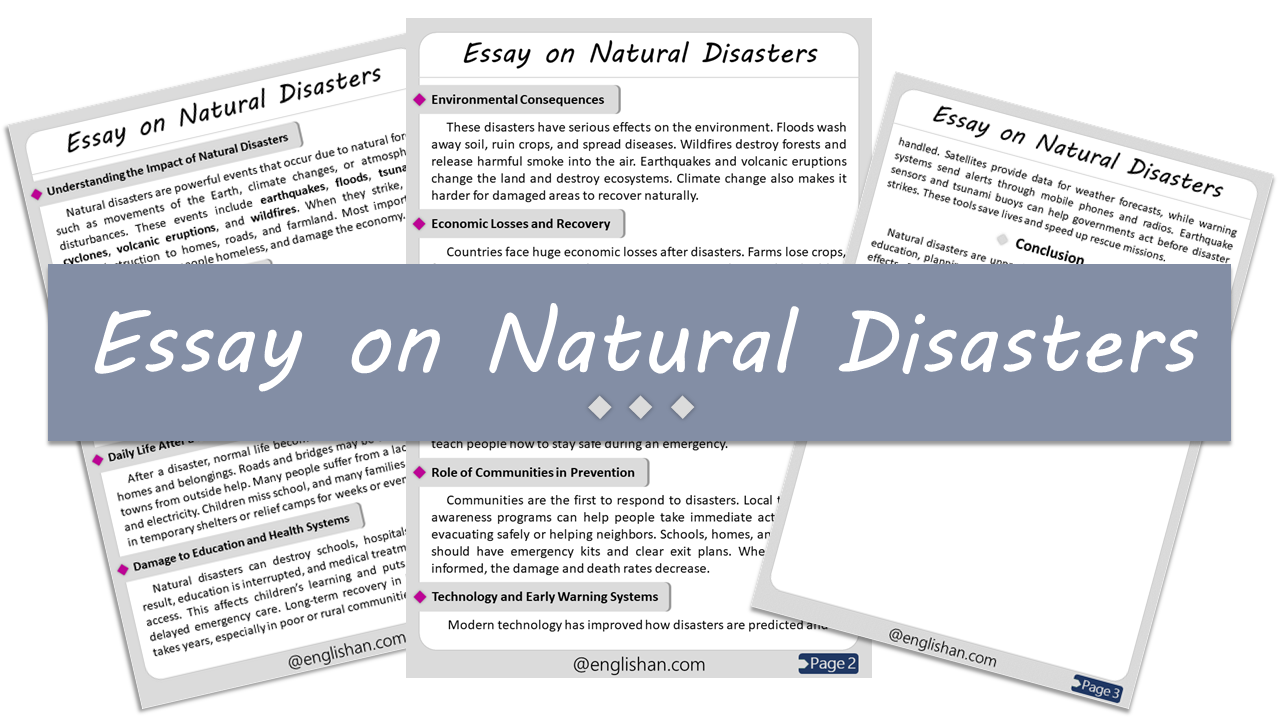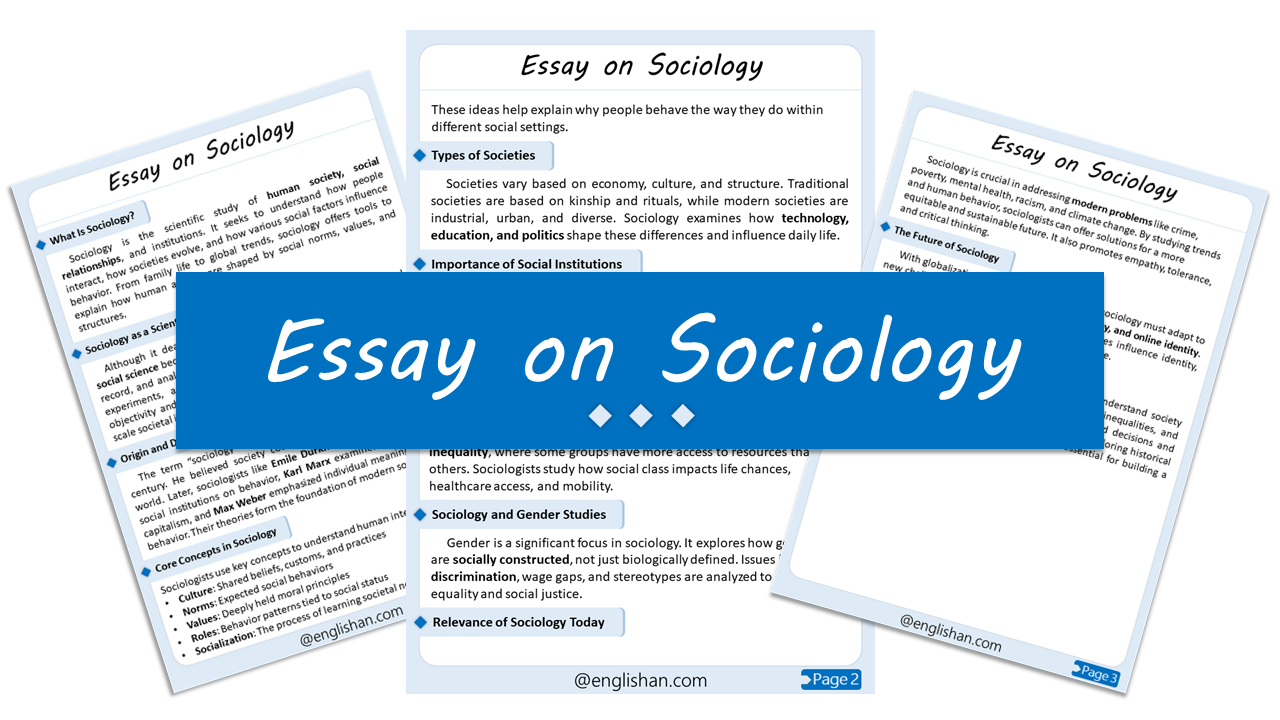When writing about animal rights, it’s important to understand how animals deserve care, respect, and protection just like humans. This essay on animal rights explains why animals should not be harmed, how people can help, and the role of laws and kindness in protecting them. It’s written in 500 words to help students with homework, classwork, or exams. You can download this animal rights essay as a free PDF or image to read, study, or print.
10 Lines Animal Rights Essay for Class 2 to Class 5
- Animals are living beings just like humans.
- They have the right to live safely and happily.
- Animals should not be hurt or treated badly.
- Many people keep animals as pets and love them.
- Wild animals should be protected in forests.
- People should not use animals for shows or fights.
- Animal shelters help take care of animals in need.
- We must give animals food, water, and kindness.
- Laws are made to stop people from harming animals.
- All animals deserve love, care, and respect.

250 Words Essay on Animal Rights for Middle School
Animal rights are the rights that protect animals from being harmed or treated cruelly by humans. Animals are living beings who feel pain, fear, and happiness just like people. They deserve to live a life free from abuse and suffering.
One of the most important animal rights is the right to live safely in their natural homes. Many animals live in forests, oceans, or farms. Humans must not destroy their habitats or hunt them for fun. Using animals in circuses, races, or illegal fights is also very harmful and unfair.
Animals raised as pets must be treated with kindness. They need food, water, shelter, and care. People who hurt or neglect animals are breaking animal protection laws. These laws exist to stop animal cruelty and punish those who cause harm.
There are many organizations that work to protect animals. They rescue stray animals, run shelters, and teach people to care for animals properly. People can help by adopting pets, not buying animal-tested products, and reporting animal abuse when they see it.
In conclusion, animals cannot speak for themselves, so we must speak for them. They have a right to live with respect and kindness. Every small act of care can make a big difference in the lives of animals.
500 Words Animal Rights Essay for Upper Primary and Lower Secondary
Understanding Animal Rights
Animal rights refer to the belief that animals deserve ethical consideration and protection from harm. Unlike animal welfare, which focuses on humane treatment, animal rights advocate for the complete abolition of practices that exploit animals for food, clothing, entertainment, or research. Philosophers such as Peter Singer and Tom Regan have significantly influenced this movement, arguing that animals should not be treated as mere resources.
Ethical and Moral Considerations
The ethical debate on animal rights centers on whether animals should be granted the same moral status as humans. Supporters argue that sentient beings should not be subjected to suffering, regardless of their species. The principle of speciesism, which prioritizes human interests over animal welfare, is widely criticized. Critics, however, believe that human needs take precedence over animal rights, especially in medical research and food production.
Legal Framework and Global Efforts
Many countries have laws protecting animals from cruelty, but these regulations vary widely. Nations such as the UK and Germany have strict animal protection laws, while others have minimal enforcement. International organizations like PETA and the World Animal Protection advocate for stricter policies and humane treatment of animals. The adoption of alternatives, such as cruelty-free testing and plant-based diets, reflects a growing awareness of animal rights.
Role of Society in Promoting Animal Rights
Individuals can support animal rights by making ethical choices in their daily lives. Avoiding products tested on animals, adopting vegetarian or vegan lifestyles, and supporting animal shelters are simple yet effective ways to contribute. Education and awareness campaigns also play a vital role in fostering compassion and respect for animals.
Impact of Industrialization on Animal Rights
The rise of industrial farming and mass production has led to severe animal exploitation. Factory farming confines animals to cramped spaces, causing physical and psychological distress. Additionally, deforestation and urban expansion have destroyed natural habitats, further endangering wildlife. Addressing these issues through sustainable practices is essential for the protection of animals.
The Role of Education in Animal Welfare
Raising awareness about animal rights through education is crucial. Schools and media campaigns can help inculcate values of kindness and respect towards animals. Introducing ethical treatment of animals as part of the curriculum can encourage future generations to advocate for animal welfare.
Animal Rights and Environmental Conservation: A Vital Connection
Animal rights are closely linked to environmental conservation. The destruction of natural habitats, climate change, and pollution significantly affect animal populations. Protecting animals also means safeguarding ecosystems, ensuring biodiversity, and promoting sustainable living practices.
Alternatives to Animal Testing
Advancements in science have led to alternative testing methods that do not involve animals. Techniques such as in-vitro testing, computer modeling, and human-based microdosing offer ethical and effective solutions. Encouraging industries to adopt these alternatives can help reduce animal suffering in research and product development.
Ethical Consumerism and Its Influence on Animal Rights
Consumer choices have a significant impact on animal rights. Supporting cruelty-free brands, adopting plant-based diets, and avoiding entertainment forms that exploit animals can drive positive change. Ethical consumerism promotes a shift towards humane treatment and sustainable practices.
The Importance of Strengthening Animal Rights Laws
Existing animal rights laws, though valuable, often lack proper enforcement. Stronger legal frameworks and stricter penalties for animal cruelty can ensure better protection. Governments and organizations must work together to create policies that promote animal welfare.
The Psychological Impact of Animal Abuse
Animal cruelty not only harms animals but also has psychological effects on humans. Studies suggest that individuals who engage in animal abuse are more likely to exhibit violent behavior towards people. Recognizing this link can help in preventing abuse through early intervention and education.
Conclusion
Animal rights remain a significant ethical issue requiring global attention. Protecting animals from cruelty and exploitation is not just a moral duty but also a reflection of a compassionate society. Stricter laws, ethical consumption, and public awareness can collectively improve the lives of animals worldwide.

Difficult Words Used in 500 Animal Rights Essay
| Word | Meaning |
|---|---|
| Speciesism | Discrimination based on species, favoring humans over animals |
| Sentient | Capable of experiencing feelings and consciousness |
| Exploitation | Using something or someone unfairly for personal gain |
| Abolition | The act of formally ending a system or practice |
| Humane | Showing compassion and kindness |
| Biodiversity | The variety of life in the world or a particular habitat |
| Advocacy | Public support for a cause or policy |
| Conservation | The protection and preservation of natural resources |
| Sustainable | Capable of being maintained over time |
| Intervention | Taking action to prevent or change a situation |
Animal Rights Essay PDF
You May Also Like






